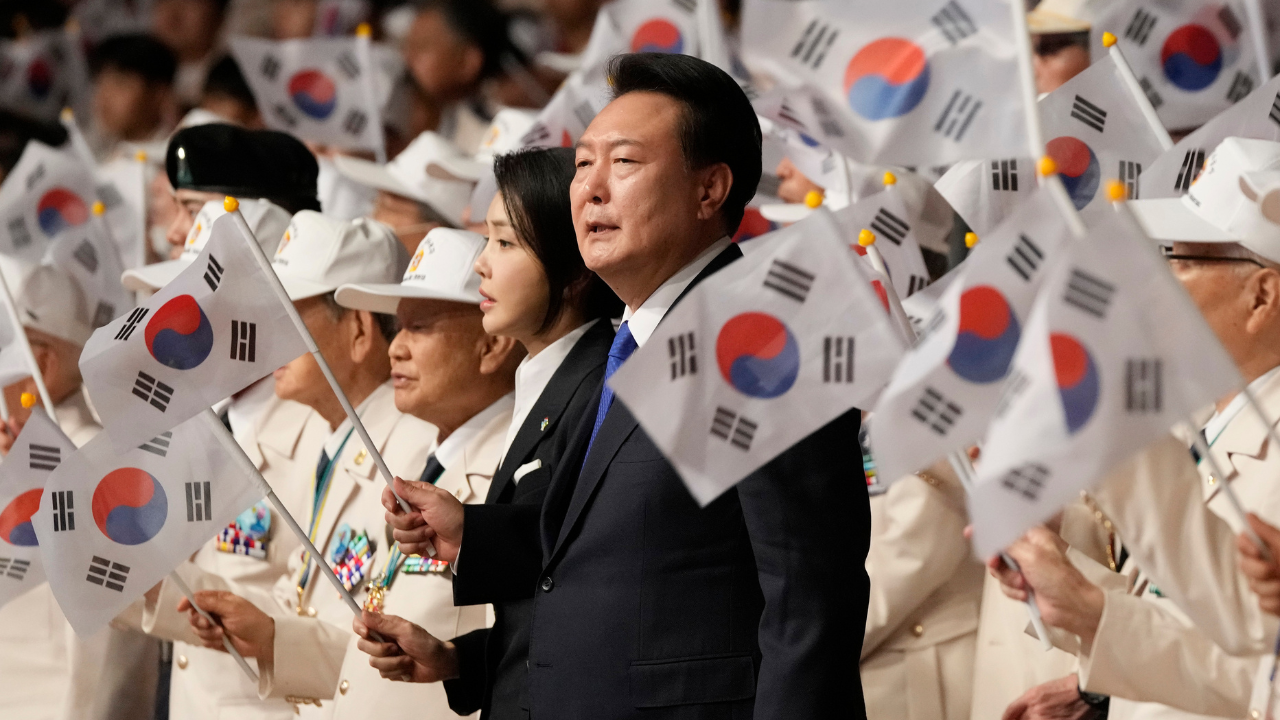Ignominy, impeachment, death sentences, imprisonment: What’s the problem with South Korean presidents?

South Korean President Yoon Suk Yeol narrowly avoided impeachment on Saturday after his People Power Party (PPP) staged a walkout during the vote. However, his political future remains uncertain as his own party called for his presidential powers to be suspended following a controversial move to declare martial law and order the arrests of his political adversaries, including the head of the PPP.
In a televised apology on Saturday, President Yoon expressed regret for causing anxiety and discomfort to the South Korean people with his decision to declare martial law. Despite his apology, lawmakers are considering another impeachment vote, citing concerns of an unconstitutional power grab by the president.
If President Yoon is ultimately ousted from office, he will join a long list of predecessors with tarnished reputations in Korean politics. Notably, four out of the last six democratically elected presidents of South Korea have faced legal troubles, with a history of corruption and scandals plaguing the office.
The complex political landscape in South Korea reflects a society deeply rooted in traditional values of loyalty and obedience to authority. These cultural norms, coupled with an excessive concentration of power in the presidency, have contributed to a pattern of leaders facing legal consequences after leaving office.
While South Korea has achieved remarkable economic success and global influence in industries such as technology and entertainment, the dark side of its rigid social hierarchy has led to a cycle of leaders facing criminal charges and imprisonment.
As President Yoon navigates the challenges ahead, the lessons from past leaders serve as a cautionary tale of the pitfalls of unchecked power and hubris in Korean politics. Whether he survives the remainder of his term or faces legal consequences, the legacy of his presidency will be closely scrutinized in the context of South Korea’s complex political history.




